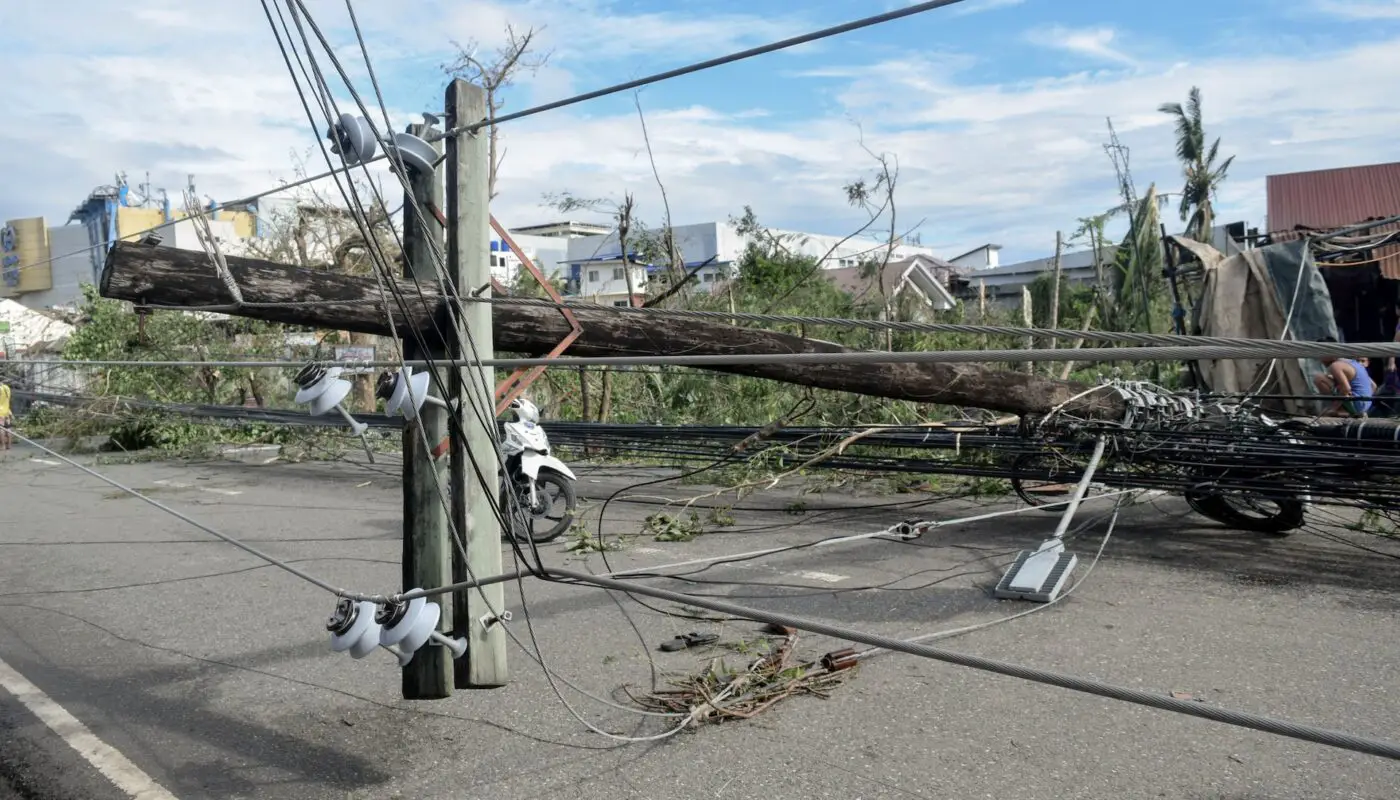Blackouts, or power outages, are events that can occur unexpectedly due to various factors such as severe weather conditions, infrastructure issues, or equipment failures. These disruptions in the electrical supply can have a significant impact on our daily lives, affecting everything from communication and transportation to healthcare and commerce. However, with the right mindset, adaptation strategies, and preparedness measures, individuals and communities can build resilience and effectively navigate these challenging situations. In this blog post, we will explore the importance of resilience amidst blackouts and discuss practical tips for adaptation and preparedness.
Understanding the Impact
Before delving into the strategies for resilience, it is essential to understand the potential impact of blackouts. Power outages can disrupt various aspects of our lives, posing challenges and risks that need to be addressed. Some of the common consequences of blackouts include:
- Loss of electricity-dependent services: During a blackout, key services such as lighting, heating, cooling, refrigeration, and internet connectivity may be unavailable. This can affect our comfort, safety, and ability to perform everyday tasks.
- Communication difficulties: With power outages often comes a loss of communication services, making it challenging to stay connected with loved ones or receive critical information during emergencies.
- Disruption of transportation: Blackouts can disrupt transportation systems, affecting traffic lights, trains, and elevators. This can lead to congestion, delays, and difficulties in moving around.
- Healthcare challenges: Power outages can impact healthcare facilities, limiting access to medical equipment, refrigerated medications, and life-saving treatments. Vulnerable individuals, such as those relying on medical devices at home, may face increased risks.
- Economic impacts: Blackouts can have significant economic consequences, disrupting businesses, causing revenue losses, and affecting productivity.
- Reliable Local Solutions: During blackouts, the role of local electricians becomes crucial. In Indianapolis, for instance, a host of professional electricians are on standby, ready to provide critical services to residents and businesses.
Building Resilience
Resilience refers to the ability to bounce back and adapt in the face of adversity. When it comes to blackouts, building resilience involves adopting proactive measures that can mitigate the impact of power outages and expedite recovery. Here are some strategies individuals and communities can employ to enhance their resilience:
1. Stay Informed: Stay updated on local news, weather reports, and emergency alerts to be aware of potential blackouts or other disruptions. Signing up for text alerts or following social media accounts of local authorities can help keep you informed.
2. Create an Emergency Kit: Prepare an emergency kit containing essential items like flashlights, batteries, portable chargers, non-perishable food, water, a first aid kit, and necessary medications. This kit will come in handy during power outages and other emergencies.
3. Backup Power Solutions: Consider investing in backup power solutions such as uninterruptible power supply (UPS) devices or portable generators. These can provide temporary power for critical appliances or medical equipment during blackouts.
4. Develop a Communication Plan: Establish a communication plan with family members or neighbors to stay connected during emergencies. Determine alternative methods of communication, such as walkie-talkies or designated meeting points.
5. Conserve Energy: Practice energy conservation to reduce reliance on the electrical grid. Unplug non-essential appliances, use energy-efficient lighting, and be mindful of energy consumption habits.
6. Invest in Alternative Energy Sources: Explore renewable energy options like solar panels or wind turbines to supplement your energy needs. These sources can provide a sustainable and reliable power supply, even during blackouts.
7. Community Collaboration: Foster community collaboration by organizing neighborhood preparedness initiatives or joining local emergency response groups. Sharing resources, knowledge, and support can strengthen resilience collectively.
8. Practice Safety Precautions: During a blackout, ensure safety by using flashlights instead of candles to prevent fire hazards. If using a generator, follow manufacturer instructions and place it in a well-ventilated area outside the house.
9. Prepare for Longer-Term Outages: In case of prolonged blackouts, prepare for the possibility of delayed restoration. Stock up on additional supplies, such as extra water, food, and fuel, to sustain your household for an extended period.
10. Learn Basic Skills: Acquire basic skills like first aid, minor repairs, or cooking without electricity. These skills can be invaluable during blackouts when professional assistance may be limited.
Resilience amidst blackouts is crucial for individuals and communities to effectively navigate these disruptive events. By understanding the potential impact of blackouts and adopting practical strategies for adaptation and preparedness, we can mitigate risks, enhance safety, and minimize disruptions to our daily lives. Building resilience requires proactive measures, community collaboration, and a mindset that embraces adaptability. By taking these steps, we can ensure that we are better prepared to face blackouts and emerge stronger.



